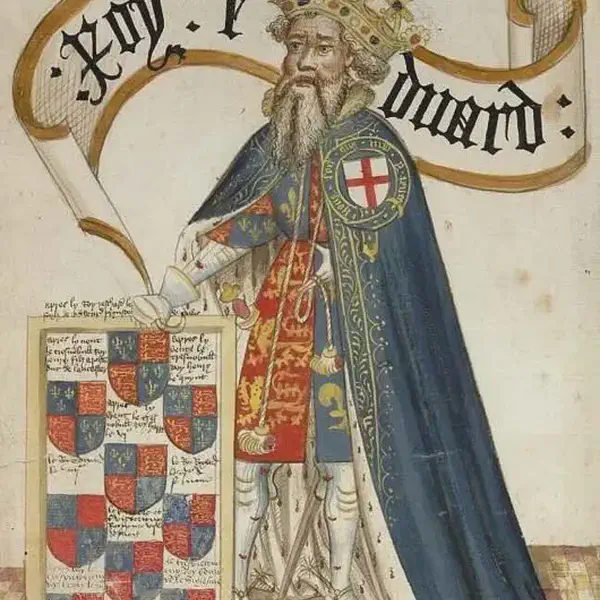
Edward III, on attaining his majority, executes Mortimer on this date and banishes his own mother, Isabella
Edward III (13 November 1312 – 21 June 1377), also known as Edward of Windsor before his accession, was King of England from January 1327 until his death in 1377.
england
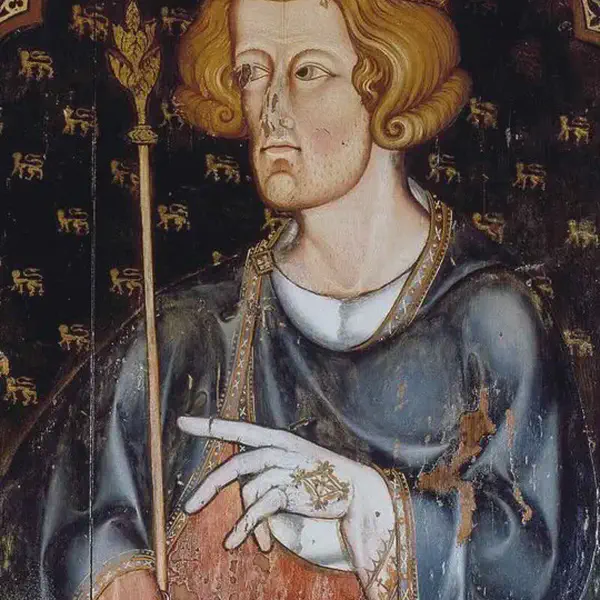
Death of King Edward I of England
Longshanks and the Hammer of the Scots Edward I (17/18 June 1239 – 7 July 1307), also known as Edward Longshanks and the Hammer of the Scots (Latin: Malleus Scotorum), was King of England from 1272 to 1307. Before his accession to the throne, he was commonly referred to as The Lord Edward.
england
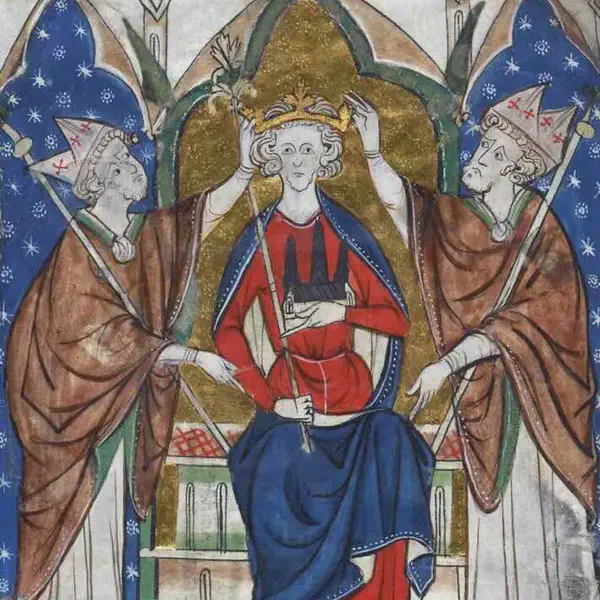
Henry III, the King of England, Lord of Ireland, and Duke of Aquitaine dies
King Henry III of England, died on November 16, 1272, also known as Henry of Winchester, was King of England, Lord of Ireland, and Duke of Aquitaine from 1216 until his death in 1272
england
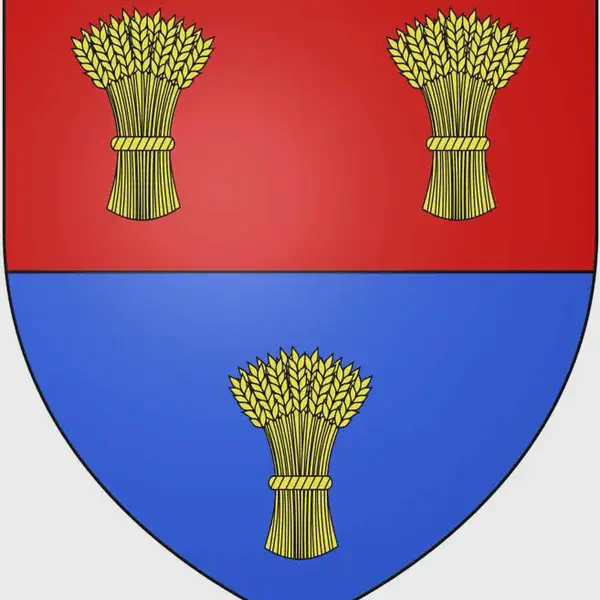
King John captures William de Braose, 4th Lord of Bramber
William de Braose, (or William de Briouze), 4th Lord of Bramber (1144/1153 – 9 August 1211), court favourite of King John of England, at the peak of his power, was also Lord of Gower, Abergavenny, Brecknock, Builth, Radnor, Kington, Limerick, Glamorgan, Skenfrith, Briouze in Normandy, Grosmont and White Castle.
england
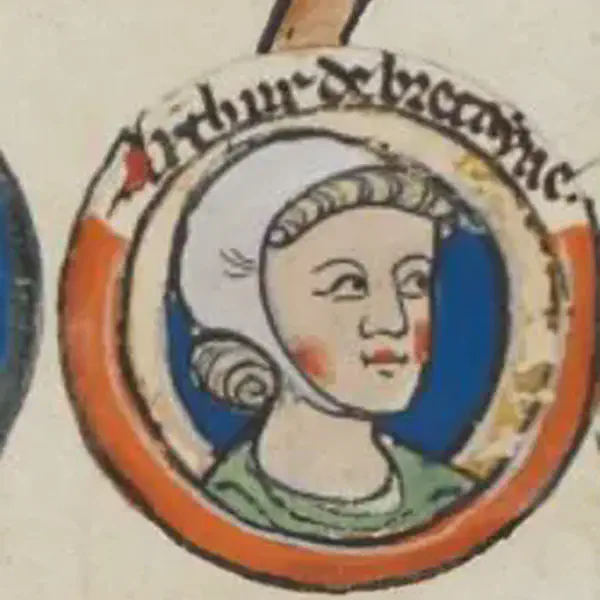
Arthur I of Brittany assassinated by his uncle, John of England
Arthur I ( French: Arthur 1er de Bretagne) (29 March 1187 – presumably 1203) was 4th Earl of Richmond and Duke of Brittany between 1196 and 1203. He was the posthumous son of Geoffrey II, Duke of Brittany, and Constance, Duchess of Brittany. His father, Geoffrey, was the son of Henry II, King of England.
england
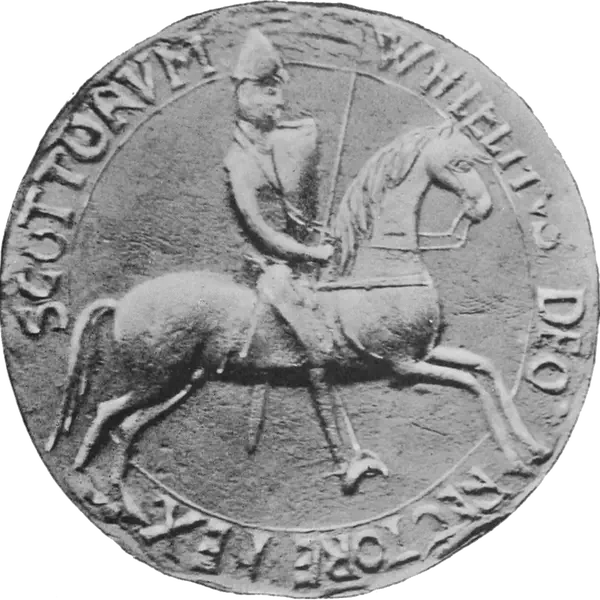
King William surprised and captured by the English at Alnwick.
On July 13, 1174, King William I of Scotland, also known as William the Lion, was surprised and captured by English forces at the Battle of Alnwick in Northumberland, England. This event was a significant moment in the conflict between Scotland and England during the 12th century.
england
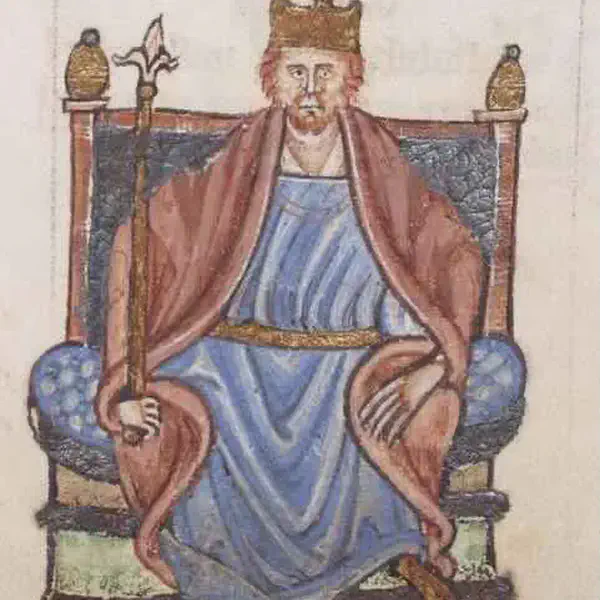
Henry II holds his court in Dublin from this date to 2 February 1172
Henry II (5 March 1133 – 6 July 1189) was King of England from 1154 until his death in 1189. During his reign he controlled England, substantial parts of Wales and Ireland, and much of France (including Normandy, Aquitaine and Anjou), an area that altogether was later called the Angevin Empire, and also held power over Scotland and the Duchy of Brittany.
england

King Henry II of England, born
Henry II (5 March 1133 – 6 July 1189), also known as Henry Curtmantle, was King of England from 1154 until his death in 1189. During his reign he controlled England, substantial parts of Wales and Ireland, and much of France (including Normandy, Aquitaine and Anjou), an area that altogether was later called the Angevin Empire, and also held power over Scotland and the Duchy of Brittany.
england
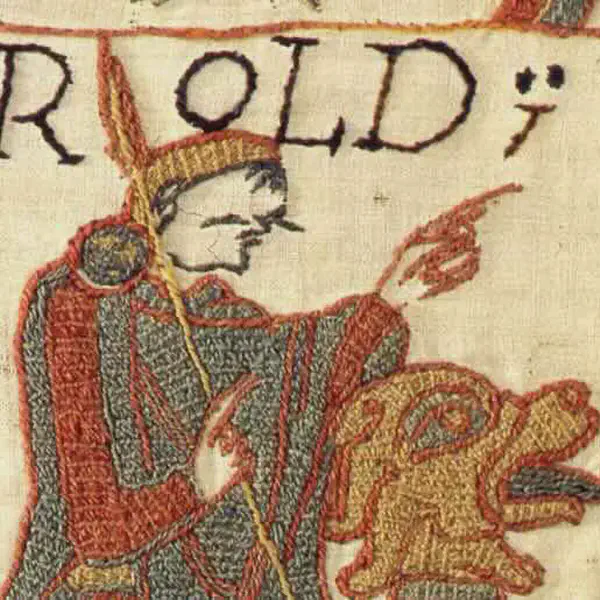
King Harold of England crowned
King Harold II, commonly known as Harold Godwinson, was crowned as the King of England in 1066. He ascended to the English throne after the death of King Edward the Confessor. Harold’s reign was relatively short and tumultuous, as it was marked by the events leading up to the Norman Conquest of England.
england
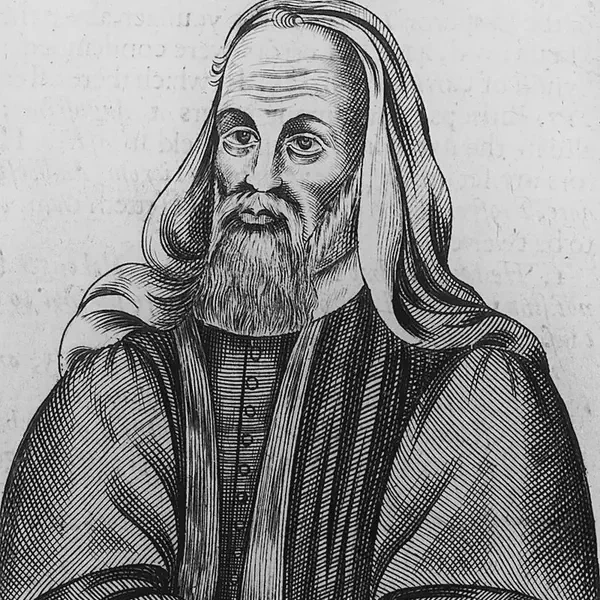
Pelagius, champion of Celtic view of Christianity, banned by Roman political enemies in the Church
Pelagius was a theologian of British origin who lived during the late 4th and early 5th centuries. He is best known for founding Pelagianism, a theological doctrine that emphasized free will and the innate goodness of human beings, contrasting sharply with the doctrine of original sin promoted by other early Christian theologians, notably Augustine of Hippo.
england